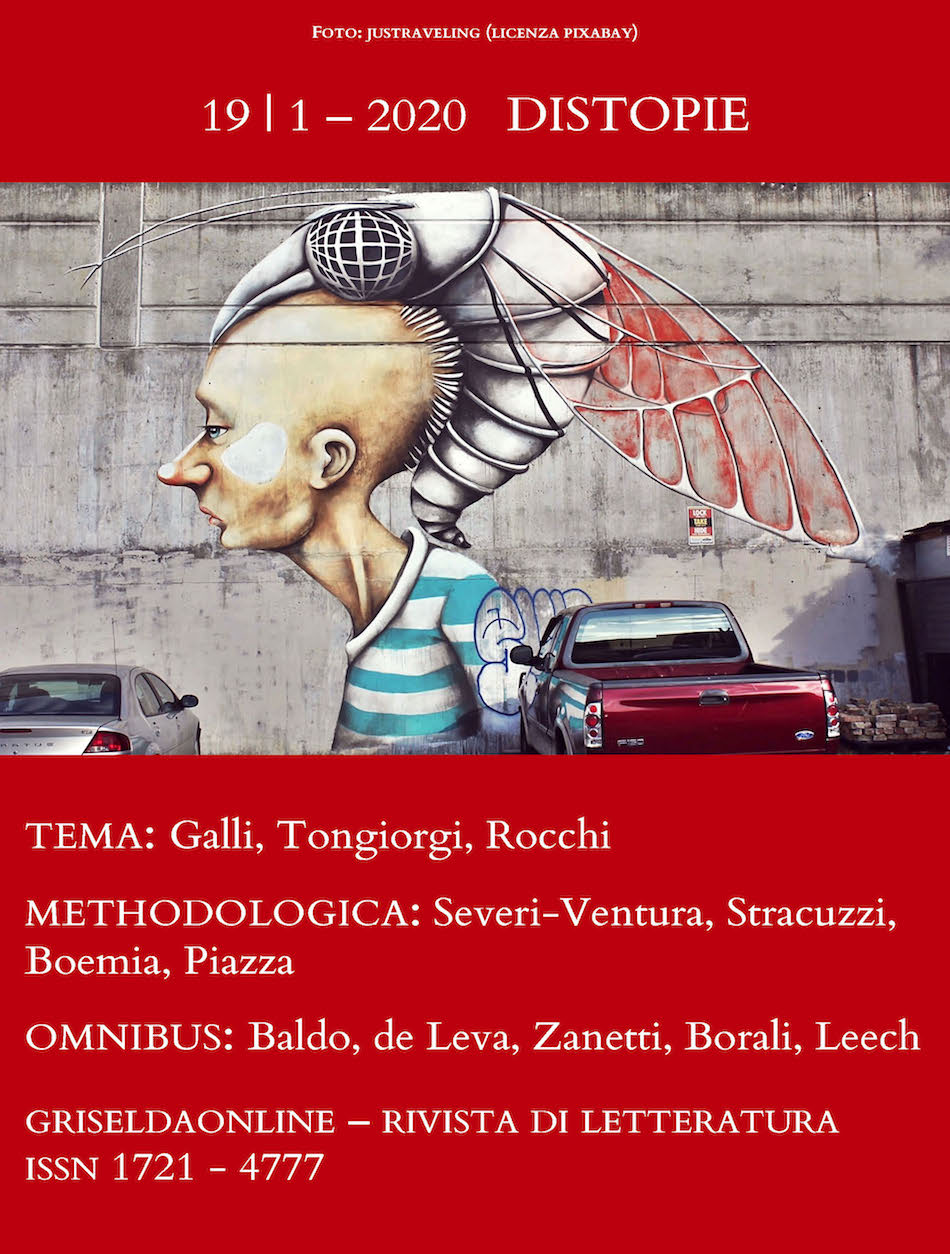Scrittori in divisa. Commedie, bozzetti militari e racconti distopici (1864-1872)
DOI:
https://doi.org/10.6092/issn.1721-4777/10829Keywords:
De Amicis, distopie, Letteratura dell'Italia unita, bozzetti militariAbstract
After reading De Amicis’ Bozzetti military, D’Ovidio admitted he was surprised: «parve mirabile che un uffiziale di fanteria trovasse il tempo, tra [...] i picchetti, e la corvée, di scrivere cose sì belle». In fact, between the 1860s and the beginning of the following decade, in a period dramatically marked by the Third War of Independence, not few writers ‘in uniform’ can be found, even if surely less talented than De Amicis. The essay focuses on some significant cases, concentrating in particular on two episodes that generated a considerable clamour, even entering the parliamentary debate: a dystopian tale, Il guardiano di spiaggia, commissioned by the Ministry of Navy, describing the terrible misadventures, both militar and political, of Italy, guilty of not having strengthened its maritime defence, and another tale, this more related to the Army, which at the contrary pictures the same future war as a victory for the nation thanks to the strength of field battling.
Downloads
Published
How to Cite
Issue
Section
License
Copyright (c) 2020 Duccio Tongiorgi
Salvo dove altrimenti specificato, i diritti d'autore di tutti i testi nella rivista appartengono ai rispettivi autori senza restrizioni.
La rivista è rilasciata sotto una licenza Creative Commons Attribuzione - Condividi allo stesso modo 4.0 Internazionale (licenza completa).
Vedere anche la nostra Open Access Policy.
Metadati
Tutti i metadati dei materiali pubblicati sono rilasciati in pubblico dominio e possono essere utilizzati da ognuno per qualsiasi scopo. Questi includono i riferimenti bibliografici.
I metadati – riferimenti bibliografici inclusi – possono essere riutilizzati in qualsiasi formato senza ulteriori autorizzazioni, incluso per scopo di lucro. Chiediamo cortesemente agli utenti di includere un collegamento ai metadati originali.







